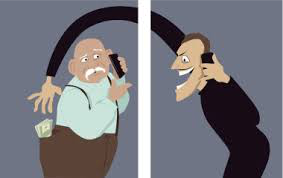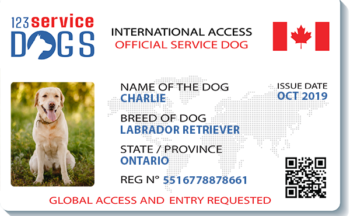 October 2024
October 2024
Online and telephone scams are identified by traits allowing perpetrators to take advantage of others. Stop scammers from taking advantage of you by stealing your money and personal information.
There are four basic signs of a scam:
- Scammers pretend to be from somewhere familiar. They may e-mail attachments with official-looking logos, signatures, seals or pictures of employee credentials.
- Scammers mention a problem or a prize. They may say your Social Security Number, credit card, health card, drivers license, bank access information or other personal data was involved in a crime, or ask for personal information to process a benefit increase.
- Scammers will pressure you to act immediately which may involve your providing personal information such as a credit card number. They may threaten you with arrest or legal action.
- Scammers tell you to make a required payment using a gift card, prepaid debit card, cryptocurrency, wire or money transfer, or by mailing cash. They may also tell you to transfer your money to a “safe” account.
The Grandparent Scam – A criminal will call an elderly person posing as or on behalf of a grandchild in distress who has been arrested or needing bail. They demand money to help get them out of trouble.
- Never provide money until first verifying the story with family
- Call a family member or the grandchild at a number you recognize as belonging to them
- Ask the caller personal questions only your grandchild can answer
- Ask yourself if the call you received makes sense or if it could be a fraud
 Never provide personal information including a credit card number to anyone you are unable to verify. If you suspect a call is legitimate, ask for a reference number to identify the conversation, then call the organization’s main number to inquire.
Never provide personal information including a credit card number to anyone you are unable to verify. If you suspect a call is legitimate, ask for a reference number to identify the conversation, then call the organization’s main number to inquire.







